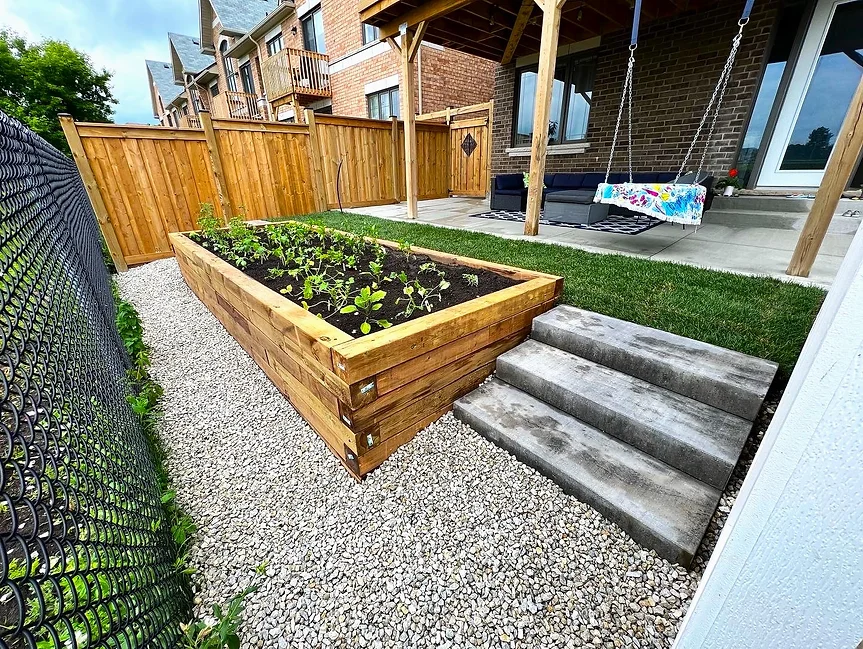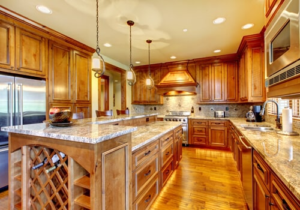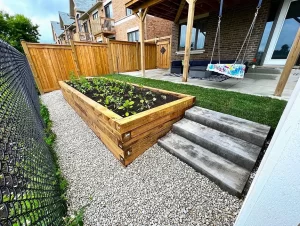Best Practices For Maintaining Interlocking Pavers

Interlocking pavers are a durable and versatile choice for outdoor surfaces, but like any other hardscape material, they require regular maintenance to keep them looking their best. By following a few simple best practices, you can ensure that your interlocking Richmond Hill remain in top condition for years to come.
Regular cleaning:
Regular cleaning is essential for keeping interlocking pavers free of dirt, debris, and stains. Sweep the surface regularly with a broom or leaf blower to remove leaves, dirt, and other debris that can accumulate between the joints. Use a mild detergent and water to spot clean stains as soon as they appear, and rinse thoroughly with clean water to prevent residue buildup.
Weed control:
Preventing weeds from growing between the joints of your interlocking pavers is crucial for maintaining their integrity and appearance. Apply a commercial weed killer or herbicide to the joints as needed to eliminate weeds and prevent regrowth. Alternatively, use a polymeric sand or joint stabilizing sealer to inhibit weed growth and help keep the joints intact.
Joint sand replacement:
Over time, the joint sand between interlocking pavers may become displaced or worn away, leading to destabilization and shifting of the pavers. Periodically inspect the joints for signs of erosion or settlement, and replace the joint sand as needed to maintain stability and prevent water infiltration. Use high-quality polymeric sand that hardens when activated with water for optimal joint stability and weed prevention.
Sealing:
Sealing interlocking pavers can help protect them from stains, fading, and weather damage while improving their color and sheen. Apply a high-quality paver sealer every 2-3 years to maintain optimal protection and appearance. Choose a sealer specifically formulated for interlocking pavers and follow the manufacturer’s instructions for application and drying times.
Repair damaged pavers:
Inspect your interlocking pavers regularly for signs of damage, such as cracks, chips, or shifting. Replace damaged pavers quickly to prevent further deterioration and maintain the structural integrity of the installation. Use a rubber mallet to gently tap replacement pavers into place and ensure a snug fit with adjacent pavers.
Preventative maintenance:
Along with regular cleaning and repair, practicing preventative maintenance can help prolong the lifespan of your interlocking pavers. Avoid using sharp objects or heavy machinery on the surface, as these can cause damage or premature wear. Use caution when applying de-icing salts or chemicals in winter, as these can damage the pavers and accelerate deterioration.



